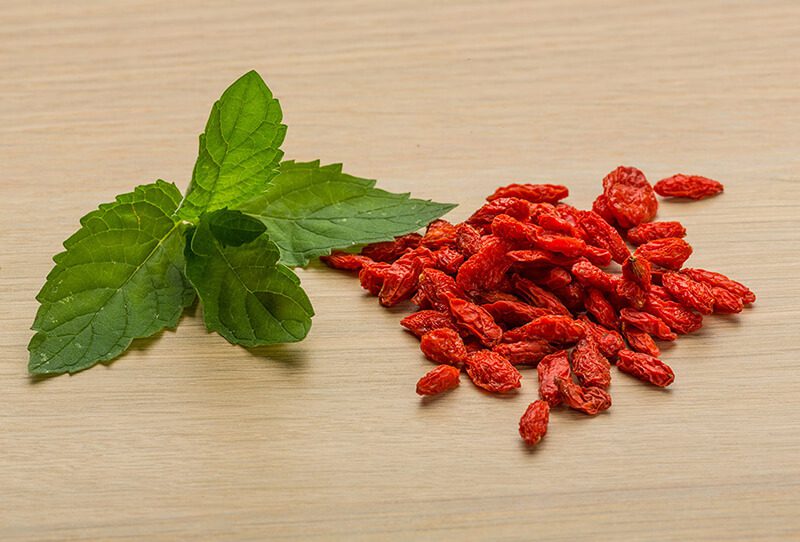Berberine vs Metformin for Prediabetes & Mild Diabetes | Good Hormone Health

Dr. Friedman has extensive experience with treating patients with diabetes at his county job. He is always looking for new agents to help control people’s diabetes as well as prevent people from getting diabetes, and he actually found a new agent for this that is actually quite old. This supplement is called berberine. Berberine is a Chinese herb that comes from the Coptis chinensis French herb, which has been used in China to treat diabetes for thousands of years. Berberine is available on Amazon or health food stores.
Diabetes and prediabetes are defined by a blood test called a hemoglobin A1c, which is often called A1c for short. An A1c of 5.6 or less is normal. An A1c between 5.7 and 6.4 is prediabetes, and an A1c between 6.5 and greater is diabetes. Dr. Friedman often treats people with prediabetes with different agents to help prevent them from going on to true diabetes.
The first drug conventionally used for both diabetes and prediabetes is called metformin. Metformin is a very effective drug and lowers hemoglobin A1c, helps with some weight loss and helps prevent cancers. However, metformin has a lot of gastrointestinal side effects including nausea, diarrhea, bloating, and gas. These appear to be worse in people that are consuming a large amount of carbohydrates, and are fairly common. Dr. Friedman came upon a paper published in the journal Metabolism in 2008 from a Chinese group looking at berberine versus metformin in patients with type 2 diabetes. This paper did find that berberine had a similar effect on controlling A1c, fasting and postprandial blood glucose levels as does metformin. For example, the A1c with berberine went from 9.5 to 7.5, which is quite an impressive drop. These were newly diagnosed patients with type 2 diabetes. In the second part of this paper, berberine was added on to common diabetes agents including metformin and also was found to lower A1c and fasting and postprandial blood glucose levels when it was added on. In other words, the effects of berberine and metformin were additive. Insulin resistance assessed using a calculation called HOMA-IR also went down with berberine. Therefore, it seems likely that berberine works by decreasing insulin resistance. Like metformin, berberine effects the AMPK system that Dr. Friedman is studying in mice in his lab. Interesting, both total and LDL cholesterol decreased on berberine but not on metformin. Overall, this paper showed that berberine was well tolerated with no effect on liver function tests. There was a significant amount of gastrointestinal side effects including diarrhea, constipation, flatulence, and abdominal pain. These were similar or less than that of metformin.
Dr. Friedman experiences that berberine is quite well tolerated and probably better than metformin and works equally well if not better to lower the hemoglobin A1c in patients with prediabetes or early diabetes and also has the bonus of lowering cholesterol and has some anti-inflammatory and immune supporting properties. Dr. Friedman recommends a dose of 500 mg at either dinner or bedtime and that can go up to 500 mg twice a day with meals, depending on the effect needed. He usually does not go much higher than that dose, although 500 mg three times a day can be used.
For more information about Dr. Friedman’s practice or to schedule an appointment, go to www.goodhormonehealth.com or email us at mail@goodhormonehealth.com.
